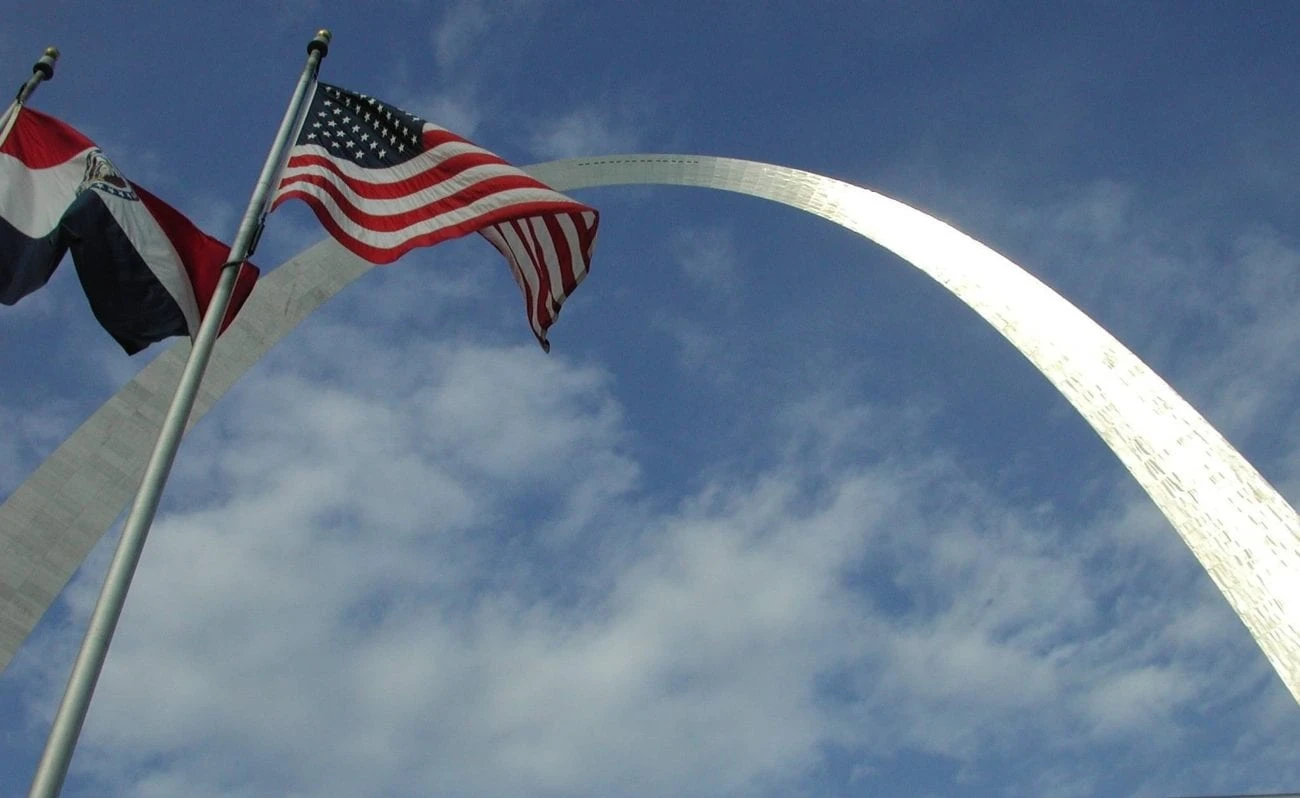Missouri sports betting initiative won’t be most expensive in history, but the numbers are already stunning

The Missouri campaigns won’t be the priciest in history, or even for a sports betting initiative. But the totals are striking for a state that ranks 18th in population, with 6.2 million residents.
As of Friday (4 October), proponents and opponents had staked campaigns with more than $35m (£26.6m/€31.9m), according to the Missouri Ethics Commission website. Advertisements are flooding airwaves and mailboxes ahead of the 5 November election. To put that figure in perspective, a total of $32.7m was spent on eight proposed amendments or propositions in 2018, according to Ballotpedia.
The title for the most expensive initiative belongs to California, the biggest US state. In 2022, proponents and opponents spent more than $450m on two sports betting proposals. The ultimate result was that both failed spectacularly.
Caesars contribution totals $10.9m so far
The sports betting initiative, Amendment 2, is one of two involving gambling that will be on the ballot. The other, Amendment 5, will let voters decide if the number of casino licences available in the state should increase from 13 to 14. If approved, a casino could be built on Lake of the Ozarks.
Caesars more than doubled its initial contribution to Missourians Against the Deceptive Online Gambling Amendment this week. Its Isle of Capri property in Booneville contributed $3.4m (£2.6m/€3.1m) on 2 October and its Harrah’s North Kansas City added $3.3m on the same day. The corporate office contributed $5,254 on 1 October.
To date, Caesars has staked the “no” compaign with $10.9m.
Caesars, which owns three casinos in Missouri, is so far the only land-based casino company to contribute to the campaign. Penn Entertainment, which also operates three Missouri casinos, and Boyd Gaming, which operates two, have stayed on the sidelines.
Casino companies have something to lose
But all three companies stand to lose should the initiative pass. Amendment 2 allows for one skin, or platform, for each casino company in Missouri. But previously, legislation in the state house would have allowed for one skin per location, up to three. That means that a company like Caesars could have multiple platforms using their own brands, or could essentially sell or rent one of the platforms to another operator that does not have market access.
Amendment 2 was crafted and backed by the state’s professional sports teams, although none have contributed to the campaign to pass it.
The proposal has pitted the casino companies against the sports teams and digital betting operators. However, unlike the sports teams, DraftKings and FanDuel have contributed heavily toward passage. DraftKings this week added $5m to the Winning for Missouri Education campaign. It was the company’s second $5m contribution since 18 September. FanDuel contributed $5m on 20 September and, so far, the two have a war chest of more than $26m.
Major gubernatorial candidates support legalisation
According to the Missouri Independent, both sides had committed a combined $6.9m in ad spending as of mid-September, compared to $3.9m committed for Amendment 3 (abortion rights) and $1.3m for Proposition A (minimum wage).
Missouri will also have a new governor after the election. The sitting governor, Mike Parsons, has term-limited out. The Democratic nominee Crystal Quade and the Republican nominee Mike Kehoe both support the idea of legal digital wagering.
Libertarian nominee Bill Slanz also supports the concept but, according to Missouri.net, is concerned that it will favour big businesses over small ones. Green Party candidate Paul Lehmann is opposed.
